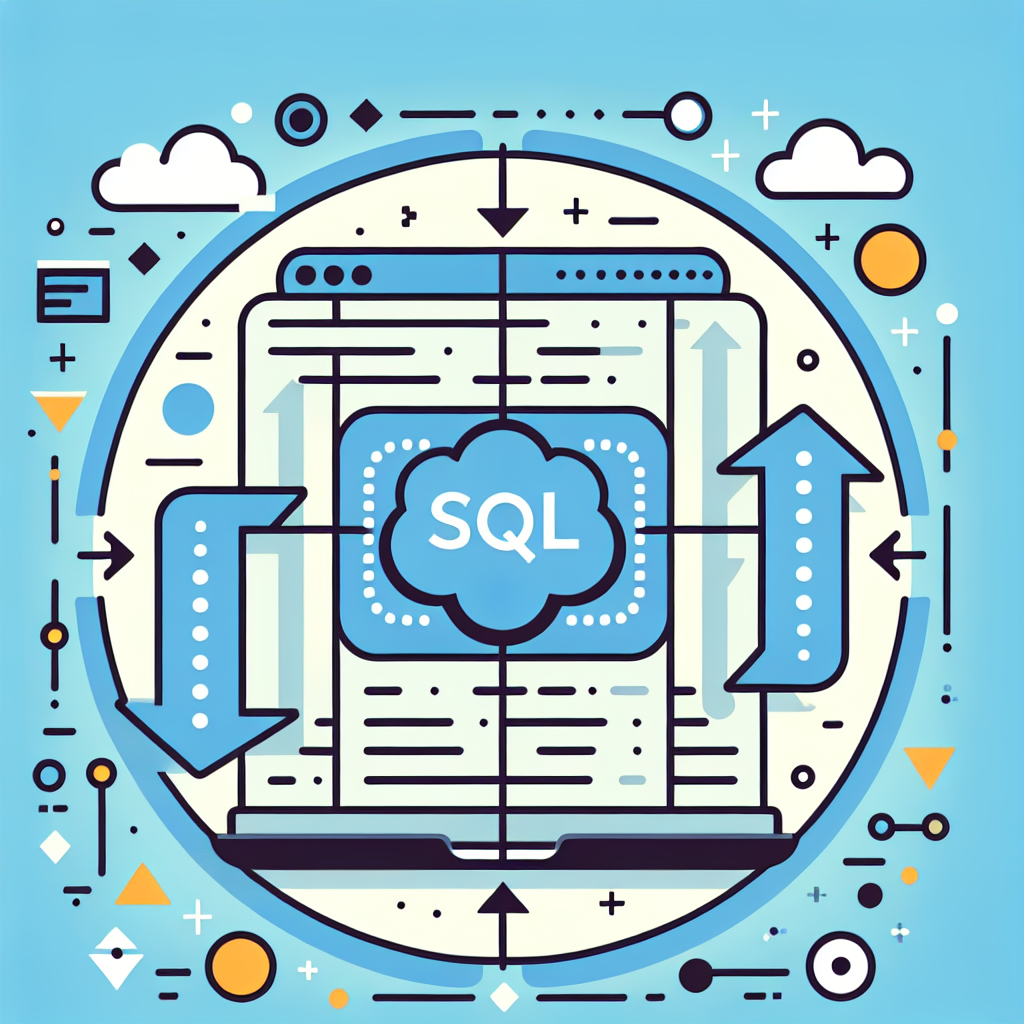Convert SQL to Kotlin Effortlessly | Powerful Tool Online
Convert SQL queries to Kotlin effortlessly with our tool. Boost productivity and streamline your development process. Try SQL to Kotlin conversion now!
Source Code
Converted Code
Output will appear here...
Transform SQL queries into Kotlin effortlessly with our SQL to Kotlin converter tool. Enhance your app development process by seamlessly integrating database operations with Kotlins modern, type-safe language. Ideal for developers looking to streamline database integration, improve code readability, and boost productivity.

SQL to Kotlin Conversion Tool Link to this section #
Effortlessly convert SQL queries to Kotlin code using our specialized tool, designed for developers seeking seamless integration between SQL databases and Kotlin applications. This tool simplifies database communication, allowing you to focus on building robust applications.
Key Features Link to this section #
- Automatic Conversion: Transform SQL queries into Kotlin functions with minimal effort.
- Time Efficiency: Reduce development time by generating Kotlin code instantly.
- Error Reduction: Minimize human error with accurate, auto-generated code.
- Customizable Output: Tailor the generated Kotlin code to fit specific project needs.
How It Works Link to this section #
- Input SQL Query: Copy and paste your SQL query into the tool.
- Select Options: Choose conversion settings, such as data class generation or specific libraries like Exposed or Room.
- Generate Kotlin Code: Click to instantly receive Kotlin code that mirrors your SQL logic.
Example Link to this section #
Convert a simple SQL query:
SELECT id, name FROM users WHERE age > 21;
Into Kotlin using the Exposed library:
object Users : Table() {
val id = integer("id").autoIncrement()
val name = varchar("name", length = 50)
val age = integer("age")
}
val query = Users.select { Users.age greater 21 }
.map { it[Users.id] to it[Users.name] }
Benefits Link to this section #
- Streamlined Development: Enhance productivity by bridging SQL with Kotlin's modern syntax.
- Maintainability: Easier to debug and maintain with structured and readable Kotlin code.
- Scalability: Easily adapt to growing project needs with flexible code generation.
Resources Link to this section #
Utilize this SQL to Kotlin conversion tool to ensure efficient, error-free database handling in your Kotlin applications.
Frequently Asked Questions
How can I execute SQL queries from Kotlin?
To execute SQL queries from Kotlin, you can use libraries such as JDBC or frameworks like Exposed and jOOQ. These tools allow you to interact with databases and run SQL queries directly from your Kotlin code.
What are the benefits of using Kotlin for database operations over SQL?
Using Kotlin for database operations can provide type safety, reduced boilerplate code, and improved readability compared to raw SQL. Libraries like Exposed and jOOQ offer Kotlin DSLs (Domain Specific Languages) that make database interactions more intuitive and less error-prone.
Is it possible to convert SQL queries to Kotlin code automatically?
Yes, it's possible to convert SQL queries to Kotlin code using libraries like jOOQ, which can generate Kotlin code from SQL queries. This can streamline the development process by allowing you to work with type-safe Kotlin code instead of raw SQL strings.